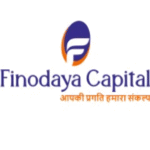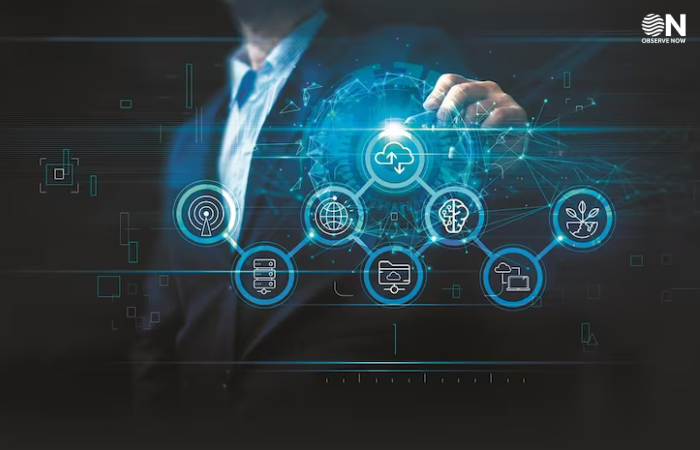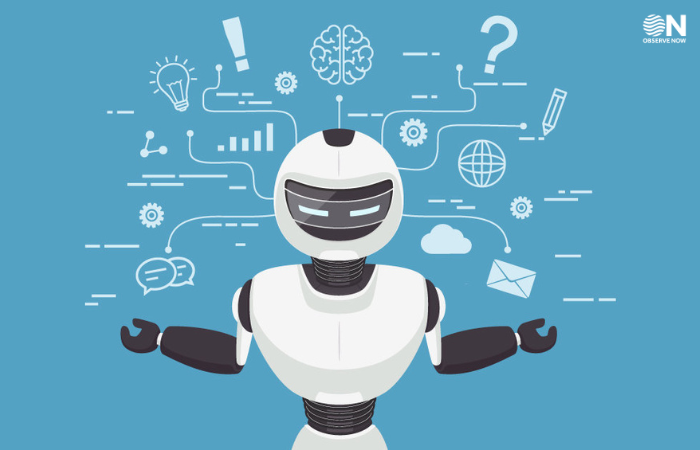From Chalkboards to Smartboards: India’s Educational Renaissance with Expert Insights on Teachers Day with ObserveNow

Teacher’s Day serves as a reminder of the selfless contributions made by teachers throughout their careers. It is a day dedicated to honoring those who have devoted their lives to shaping the minds of future generations, guiding them with wisdom, patience, and compassion. This celebration provides students with the opportunity to express their gratitude, love, and respect for the educators who have inspired them to grow, learn, and become true citizens of the world.
According to the latest data released by the Ministry of Education, Government of India, the All India Survey on Higher Education (AISHE) for 2021-2022 indicates that total higher education enrolment rose to approximately 4.33 crore in 2021-22, up from 4.14 crore in 2020-21. This marks an increase of about 91 lakh from the 3.42 crore (26.5%) recorded in 2014-15. Female enrolment also grew to 2.07 crore in 2021-22, up from 2.01 crore in 2020-21, reflecting an increase of around 50 lakh from 1.57 crore (32%) in 2014-15. These figures not only reflect the increase in engagement within the education ecosystem but also underscore the vital role teacher’s play in motivating students to participate.
India’s educational heritage is as old as its civilization. In ancient times, education was considered a sacred duty, and teachers were revered as ‘Brahma,’ the creator of the universe. This reverence for teachers is a reflection of the high regard in which education was held in Indian society. The ancient universities of Nalanda and Takshashila were among the earliest global centers of learning, attracting scholars from all over the world. These institutions were not just places of learning; they were symbols of India’s intellectual and cultural supremacy.
As India progresses toward reclaiming its status as a global leader in education, the role of teachers remains as crucial as ever. The evolution of the education system in India, from the chalkboard to smart classrooms, is a testament to the adaptability and resilience of teachers. The way technology has reshaped the entire scenario of the education system around the globe is charismatic, and Indian teachers have been at the forefront of this transformation. They have embraced change, adapted to new teaching methods, and continued to inspire and guide their students in this digital age.
“Modern classroom technologies like smartboards, tablets, and learning management systems have revolutionized education, making it more interactive and personalized. Tools like augmented reality (AR) and educational apps engage students, enhancing their learning experience. For teachers, technology streamlines lesson planning, provides data-driven insights, and reduces administrative tasks, allowing more focus on student interaction. These advancements also promote inclusivity, cater to individual learning needs, and prepare students for a tech-driven future. The integration of technology not only enriches the classroom environment but also supports educators in delivering effective, dynamic, and engaging lessons” said Prof. (Dr.) Jayanand, Pro Vice Chancellor, Shobhit Institute of Engineering & Technology, Uttar Pradesh.
The integration of technology in classrooms has profoundly enhanced the role of educators, transforming the traditional teaching experience into a dynamic and interactive process. Digital tools have introduced a new dimension to education, allowing for personalized learning experiences, immediate access to vast resources, and innovative teaching methods.
Highlighting the other side of the story Prof. (Dr.) Vikas Dhawan, Director General, IMS Noida stated “The major drawback of getting online classes is that they lack emotional or in other words personal touch but even then if there is thirst for knowledge in any student he can gain it anytime anywhere from anyone across globe using technology.”
“The shift from chalkboards to digital tools has transformed teaching by enhancing engagement and access to resources. However, it introduced challenges like the digital divide and tech training requirements. Despite these, opportunities abound in personalized learning and interactive content, making lessons more dynamic and accessible for diverse learning styles” underscored Dr. Sujata Shahi, Group Vice Chancellor, IILM University, Gurugram.
One of the most significant effects of technology on education is the advent of personalized learning. Utilizing advanced data analytics, educators can monitor individual student progress and customize instructional experiences to meet each learner’s specific needs further added Dr Shahi.
“The shift from traditional methods to digital tools has enhanced interactivity and access to resources but it has also introduced challenges like tech dependency and varying digital literacy among students. The shift is good for both the facilities and the students which will enable them to improvise the skills and have more opportunities. This transition is somewhat exciting and challenging both for the teachers as the curious ones who love to learn new things in every aspect of their lives have shown outstanding growth but a few faced the difficulties too” said Dr. Aarfa Rajput, Dean of School of Journalism & Mass Communication, Noida International University.
However, this shift towards digital learning platforms also presents challenges, particularly in balancing the need for human connection with the increasing reliance on technology. While digital tools offer numerous benefits, they can sometimes create a barrier between students and teachers, potentially diminishing the personal interaction that is crucial for fostering a supportive and empathetic learning environment.
“Integration of technology in education helps educators to teach students anytime from anywhere and it also helps to cater to the needs of fast and slow learners” further added Prof. Dhawan.
“The use of technology in the classroom has changed the role of teachers by making them more facilitators of learning rather than just main knowledge producers. Digital platforms can be a barrier to personal connection even while they provide creative means of delivering content. Teachers now have to strike a balance between the advantages of technology and the need to preserve face-to-face relationships, which are essential to students’ emotional and mental growth. A helpful learning environment where students feel connected and supported even outside of the digital interface depends on striking this balance” concluded Shivam Dixit, Co-Founder and CEO of Counsel India.
The significance of Teacher’s Day goes beyond mere celebration; it is a vehicle for recognizing the immeasurable value teachers bring to society. Teachers are the architects of the nation, and their role in shaping the future cannot be overstated. As we honor them, we also underscore the importance of education as a pillar of the nation. Education empowers individuals, builds communities, and is the bedrock upon which the future of any society is built.
















